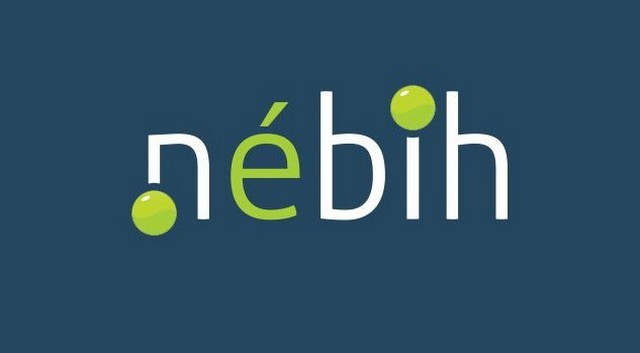A Nébih szárított sárgabarackmagot hívott vissza a forgalomból

A megengedettnél magasabb hidrogén-cianid tartalom miatt visszahívták a forgalomból a Golden Lily szárított sárgabarackmag 100 grammos kiszerelésű terméket – tájékoztatott a Nemzeti Élelmiszerlánc-biztonsági Hivatal (Nébih) honlapján pénteken.
A hivatal arra kérte a vásárlókat, hogy ne fogyasszák el azokat a termékeket, amelyek az alábbi minőségmegőrzési időkkel rendelkeznek: 2022.08.01; 2022.12.01.; 2023.02.01.; illetve amelyek tételszámai 101158 és 101163.
A termékvisszahívás kizárólag a fenti adatokkal azonosított termékre vonatkozik – jegyezték meg.
A hivatal felhívta a figyelmet arra, hogy a sárgabarackmag fogyasztás rákellenes hatását tudományos tények nem támasztják alá, azonban fogyasztása súlyos mérgezés kockázatát veti fel.
A sárgabarack, keserű mandula, illetve más csonthéjas gyümölcsök magjában amigdalin nevű cianogén glikozid található, amely az emberi szervezetben cianiddá alakul át. A cianid mérgezés hányingert, lázat, fejfájást, álmatlanságot, szomjúságot, levertséget, idegességet, izom- és ízületi fájdalmat, vérnyomásesést okozhat, szélsőséges esetben pedig halálhoz is vezethet.
A különböző sárgabarackmagok amigdalin tartalma nagyon eltérő lehet. A felnőttek több mint három kicsi, vagy kevesebb, mint fél nagy nyers sárgabarack mag egyszeri elfogyasztásával már túlléphetik a biztonságos szintet, a kisgyermekek esetében már egy kisebb mag elfogyasztása is kockázatos lehet – olvasható a Néhih honlapján.








